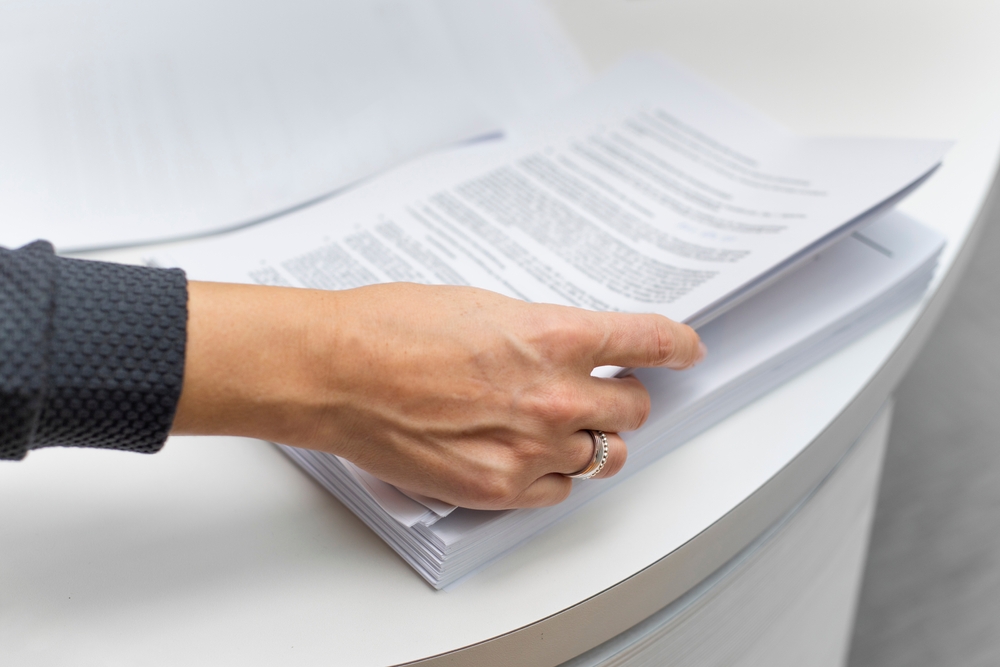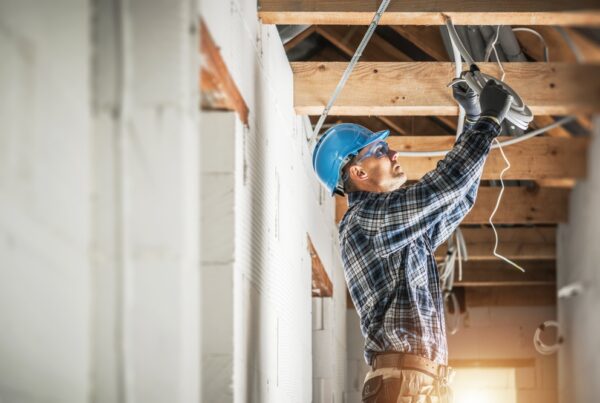The new supervision guidelines for the strata and property services industry have been introduced, and it’s important for Principal Licensees and Licensees in Charge to stay ahead of the new guidelines.

Recently, a webinar hosted by SCA NSW featured insights from Rod Smith (SCA NSW Board Member and Managing Director of the Strata Collective), Matt Jenkins (SCA NSW Board Member and General Manager of Bannermans Lawyers) and Lachlan Malloch (Principal Advisor at the Office of the Strata and Property Services Commissioner) provided an overview of these new guidelines.
Who’s responsible for supervision?
Principal Licensees and Licensees in Charge are responsible for supervision. Their responsibilities include:
- Ensuring proper oversight: They must oversee all business activities.
- Recognising supervision failures: They should be able to identify when supervision is inadequate or failing and take corrective actions.
- Covering all areas: Their supervision should extend across all areas of the business.
- Ensuring compliance:They need to make sure that all employees understand and adhere to the rules and standards set by the business.
What does supervision involve?
Supervision is more than just observing employees; it includes effective leadership and ensuring adherence to legal standards. The three components are:
1. People leadership
Licensees in charge should provide the team with the necessary guidance and support, not just through oversight but by actively helping them with their professional development.
They should also offer comprehensive induction programs for new employees and continuous training to ensure they understand their roles and responsibilities.
2. Legal compliance
Develop and maintain procedures that ensure your business adheres to all relevant legal requirements. Regularly update these procedures to reflect any changes in legislation.
3. Conduct monitoring
Regularly monitor employee conduct to ensure it aligns with business standards.
New people leadership requirements
1. Licensing compliance
Clearly define which roles within your business require specific licenses. Ensure that all employees involved in regulated functions possess the necessary certificates, licenses or accreditations.
2. Qualifications and training
Licensees in charge are now required to stay current with relevant legislation. Completing compulsory CPD units alone is not sufficient; they must actively stay informed about the latest legal developments.
Additionally, they must maintain accurate records of CPD activities and ensure that work experience for assistant agents and Class 2 licensees is documented and verified properly.
3. Professional conduct
Develop and implement written procedures for handling complaints. This includes informing consumers of their right to contact regulators if necessary
Licensees in charge should also Implement policies to handle issues related to gifts, conflicts of interest and information security. Ensure compliance with Australian Consumer Law, which prohibits misleading and deceptive conduct, false representations and unfair contract terms.









